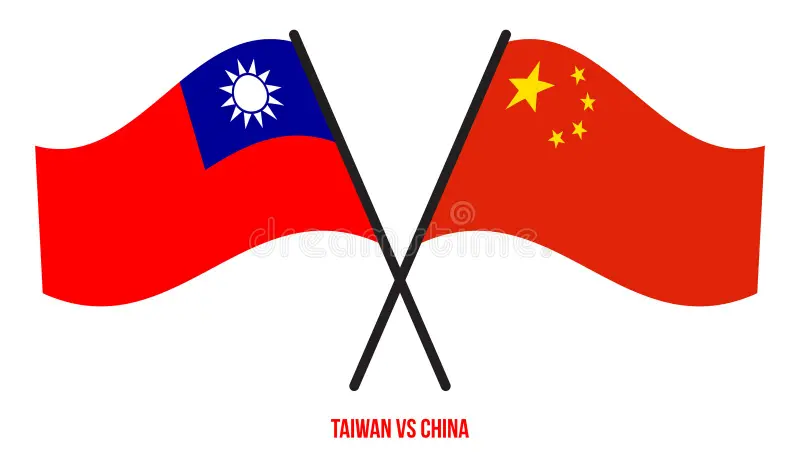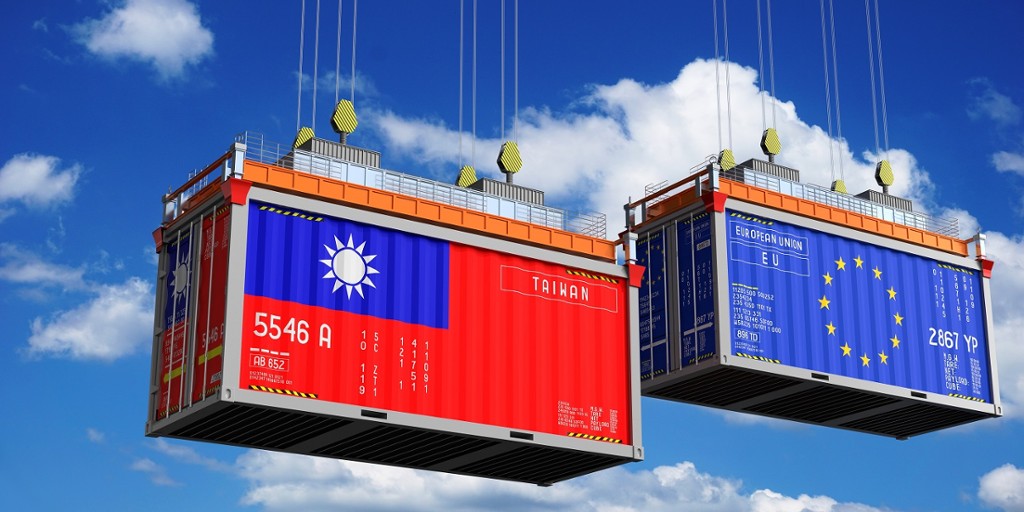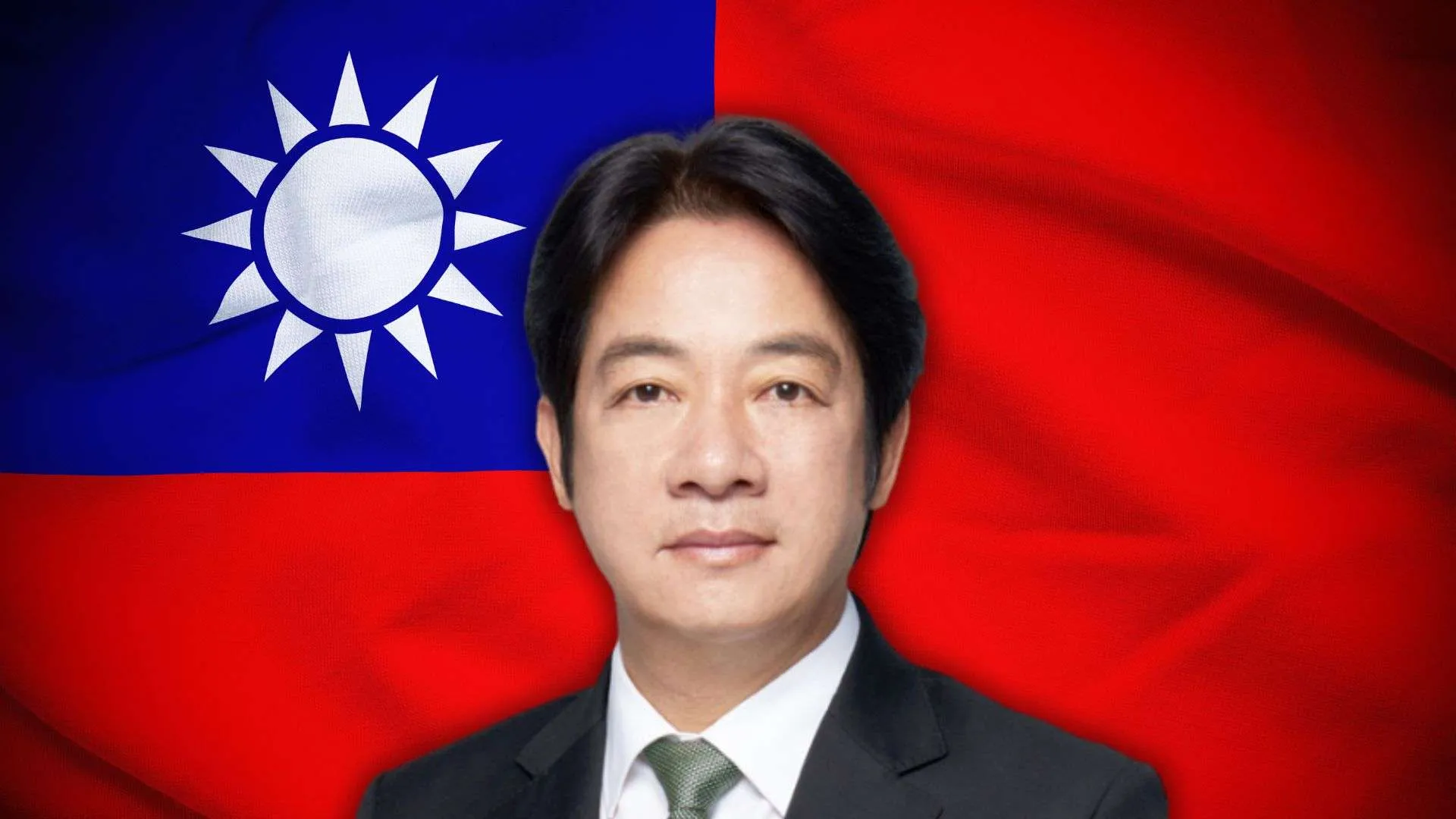by Martin Haffner Associate Editor
In a dramatic escalation of tensions across the Taiwan Strait, China’s government expressed its outrage after Taiwan’s leadership described Beijing as a “foreign hostile power.” This brazen characterization has ignited a firestorm of condemnation from Chinese authorities, which they perceive as a significant affront to their sovereignty and national pride.
The Taiwan Strait, a crucial artery of trade and maritime activities, has been a hotbed of geopolitical tension for decades. Since the Chinese Civil War concluded in 1949, Taiwan has operated as a self-governing entity, though Beijing considers it a part of its territory and has vowed to achieve reunification. The rhetoric surrounding Taiwan has, in recent years, grown increasingly assertive, particularly with the rise of pro-independence sentiments within the island and increasing support from Western powers.
The latest incident erupted when Taiwanese President Tsai Ing-wen, in a speech marking National Day, openly dubbed the Chinese government a “foreign hostile power.” This statement reflects Taiwan’s struggle to assert its identity as a democratic society in stark contrast to China’s authoritarian regime. Tsai’s comments were framed within the broader context of ensuring national security and safeguarding democratic values against external threats.
In immediate response, the Chinese government summoned Taiwan’s representative in Beijing to formally protest the comments and issued a series of strong statements denouncing the remarks. Foreign Ministry spokesperson Mao Ning declared that such statements are “profoundly dangerous and irresponsible,” accusing Taiwan of provoking conflicts with its inflammatory rhetoric.
China frequently reacts with fury at perceived slights from Taiwan, threatening military action or ramping up military exercises near the island. This incident was no exception, as analysts anticipate that Beijing could respond with enhanced military presence in the region or increased diplomatic pressure on countries that support Taiwan.
The international community is closely watching the unfolding drama. The United States, Taiwan’s most important ally, has reaffirmed its support for the island, maintaining that it stands by Taiwan’s right to self-defense without explicitly endorsing formal independence. The U.S. has also urged China to curtail its aggressive military maneuvers, emphasizing the need for peace and stability in the Indo-Pacific region.
Many nations are cautious in their approach, given the ramifications of angering China, which has significant economic leverage globally. However, the Taiwan issue has increasingly become a litmus test for democratic values against authoritarianism, making it a focal point in U.S.-China relations and broader international diplomacy.
The labeling of China as a “foreign hostile power” is likely to exacerbate tensions, narrowing the possibilities for dialogue and reconciliation. Experts suggest that the already fragile status quo may be further destabilized, with each side hardening its positions.
As China’s global ambitions grow, the ramifications for Taiwan will be profound. Taiwan is navigating a precarious path—balancing its identity and aspirations for greater autonomy while facing the overwhelming influence of a rapidly rising China.
The characterization of Beijing as a “foreign hostile power” marks a pivotal moment in the already tense relationship between China and Taiwan. As both sides dig their heels in, the potential for clashes, both military and diplomatic, grows sharper. The international community must tread carefully as they navigate the complex landscape of cross-strait relations, recognizing that Taiwan’s struggle is not merely a regional issue, but a significant frontline in the global contest between democracy and authoritarianism.



